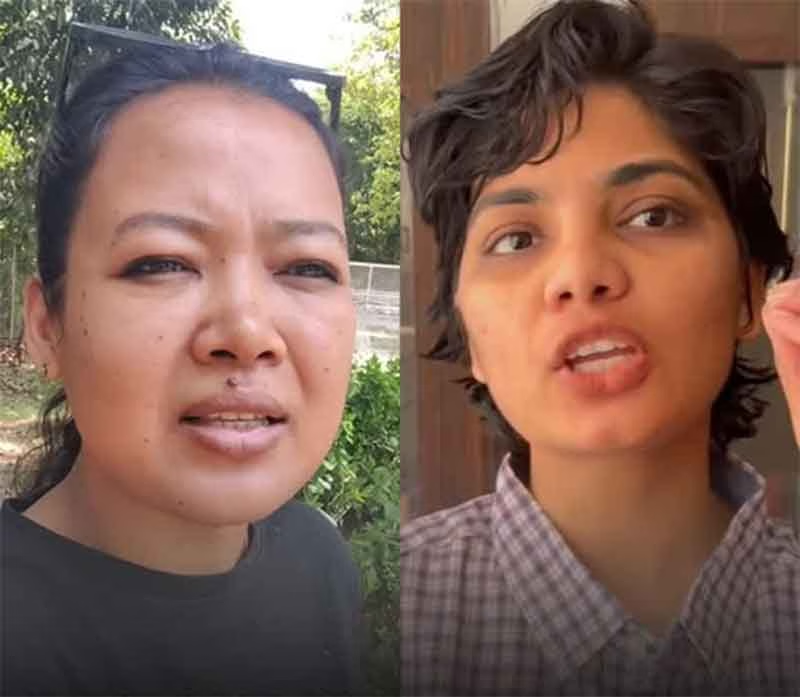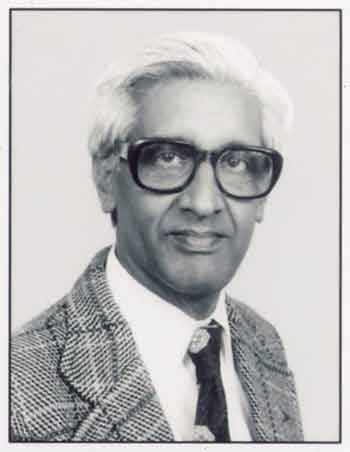
Indian democracy, one of the largest and most vibrant in the world, faces several challenges that could undermine its stability and inclusiveness. Below are some key threats and potential ways to address them:
Threats to Indian Democracy
1. Erosion of Institutional Autonomy
– The independence of institutions like the judiciary, Election Commission, and media has been questioned at times due to perceived political interference. This weakens checks and balances essential for democracy.
2. Polarization and Communalism
– Rising religious and caste-based polarization, often fueled by political rhetoric or misinformation, threatens social cohesion and equal representation.
3. Corruption
– Widespread corruption in governance and public services undermines trust in democratic processes and disproportionately affects the marginalized.
4. Inequality and Economic Disparity
– Stark economic inequality limits political participation for the poor, as wealthier groups can exert disproportionate influence over elections and policy.
5. Populism and Majoritarianism
– The rise of populist leaders who prioritize majority sentiment over minority rights can erode democratic principles like equality and pluralism.
6. Threats to Free Speech
– Restrictions on dissent, whether through laws like sedition or online censorship, stifle open debate, a cornerstone of democracy.
7. Electoral Malpractices
– Issues like vote-buying, misuse of money and muscle power, and voter suppression challenge the integrity of free and fair elections.
8. Regional and Ethnic Tensions
– Separatist movements or regional disparities can strain the federal structure, leading to instability if not addressed inclusively.
How to Ward Them Off
1. Strengthening Institutions
– Ensure transparency in appointments to bodies like the judiciary and Election Commission. Legal reforms to safeguard their autonomy can help maintain impartiality.
2. Promoting Social Harmony
– Encourage interfaith and intercaste dialogue through education and community programs. Strict enforcement of laws against hate speech can deter divisive rhetoric.
3. Tackling Corruption
– Implement robust anti-corruption measures, such as digitizing services to reduce human interference, and strengthen whistleblower protections.
4. Reducing Inequality
– Expand access to education, healthcare, and jobs to level the playing field. Campaign finance reforms can limit the influence of wealth in politics.
5. Safeguarding Minority Rights
– Reinforce constitutional protections for minorities and educate the public on the value of pluralism to counter majoritarian tendencies.
6. Protecting Free Speech
– Reform restrictive laws and promote a culture of tolerance for dissent. Support independent journalism through funding or legal protections.
7. Ensuring Electoral Integrity
– Use technology like blockchain for transparent voting records, increase voter education, and impose stricter penalties for electoral fraud.
8. Balancing Federalism
– Address regional grievances through dialogue and equitable resource distribution. Strengthen local governance to empower diverse communities.
Subscribe to Our Newsletter
Get the latest CounterCurrents updates delivered straight to your inbox.
Conclusion
India’s democracy thrives on its diversity and resilience, but these threats require proactive measures. A combination of legal reforms, public awareness, and inclusive policies can reinforce its democratic foundations. Strengthening civil society and citizen participation will also be key to holding power accountable and sustaining trust in the system.
SR Darapuri, National President, All India Peoples Front
Courtesy: grok 3














































